Hypnotherapy and the Transtheoretical Model of Change
Why are we unable to change unwanted habits? Paul Hill explains that it’s less about timing, and more about understanding how the mind works that will free us from our unwanted behaviours.
January is, for no reason other than tradition, a very common time for people to commit to changes. They might be small ones; setting an alarm half an hour early so they don’t miss the bus. They might be great big, scary ones; changing the habit of a lifetime which they know is harming them or the people around them – drinking, smoking, overeating.
However, I don’t believe that January is the only time for changes. Every day is a blank page and gives you the opportunity, if you want to grasp it with both hands, to change something that isn’t serving you well.
That said, as the world is in the change mindset, it seems sensible to throw my hat into the ring and explain a bit about how you can change habits that seem so ingrained they are, quite literally, part of who you are and how you identify yourself.
The typical pattern of change
Let’s start by looking at the behavioural patterns that most, if not all, people exhibit when it comes to changing habits.
Introducing the ‘Transtheoretical Model of Change’.
I know what you’re thinking. With a catchy name like that, I can’t wait to learn more!
No? No, me neither. As the saying goes a picture paints a thousand words so here’s a summary of the Transtheoretical Model of Change.
What does that really mean?
Broken down to absolute basics, it means that if YOU are not ready to make changes, they just won’t stick. You might go through the motions, and depending on where in the change cycle you are, you may even see some small successes. It’s important to be aware that you can hit relapse from any stage – not just the maintenance phase!
It’s not a pointless exercise though
It’s important not to beat yourself up or start to think of yourself as a failure if you’ve been through this cycle a few times. Look for the lessons you can learn from each trip round the cycle. Learn to identify your triggers and then think about what you need to do to avoid them, or strategies to cope if you can’t avoid them.
How can Hypnotherapy help?
As a hypnotherapist I spend lots of time with people who want to make radical changes. Maybe you want to stop drinking alcohol, eating cake, or even being reliant on drugs – or any other damaging habit or addiction you can think of.
Maybe you’ve seen hypnotherapists on the TV and think this is the quick fix you’ve been searching for.
Education is a big part of the work I will do with any client. Just as I can’t make someone cluck like a chicken, unless they want to, nor can I force people to drop an addiction. What’s more, some addictions need support from a GP or other medical specialist in addition to using hypnotherapy.
My primary focus during sessions is learning what the triggers are that have resulted in the addictions forming in the first place. It gets emotional and intense but that is a good thing. If the hard stuff is out and acknowledged, it loses it’s power and you can learn how to manage it until, eventually, it’s no longer a problem to you.
What are those underlying problems?
Just as addictions vary widely, so too do the underlying issues. Commonly though, you’ll have been through an experience at some point in your life, that has triggered a negative thought pattern. That thought pattern has then gone on to become so deeply ingrained that you can’t see past it and it colours the decisions you make, either consciously or sub-consciously.
Recalibrating your thoughts
Sounds a bit scary doesn’t it? Like I’m taking control of your mind and making it do ‘stuff’.
In reality, it’s not like that at all. The process used in hypnotherapy takes you to a deep state of relaxation which, by contrast, means that you are in a heightened state of awareness. Or rather the sub-conscious part of your brain that so often gets pushed out of your thoughts when you’re busy, or stressed, or just ‘doing life’, is awake, alert and ready to help you.
This part of your brain only ever really wants to help you. By making in receptive and alert, we can give you thought processes and tools that work FOR you instead of against as the addictions do.
How long does it take?
Hypnotherapy isn’t a precise science. You might only need one or two sessions. Then again, you might need more. My approach is never to pre-judge it and be guided by you.
At the end of each session, together we review how it went and what you felt. Whether you book another or wait and see how you feel is entirely your decision. At this point you will also learn other techniques that you can use on a day to day basis, on your own at home. Based around NLP and CBT, these techniques are specifically designed to combine with the hypnotherapy to reinforce the positive mindset and thought strategies that you’ve learnt during the hypnosis.
Curious to find out more?
If you recognise yourself as a serial visitor to the change model in this article, please give me a call and book your free initial consultation. You don’t need to stay stuck in a cycle that never quite gets you to where you want to be – let me unstick you!

